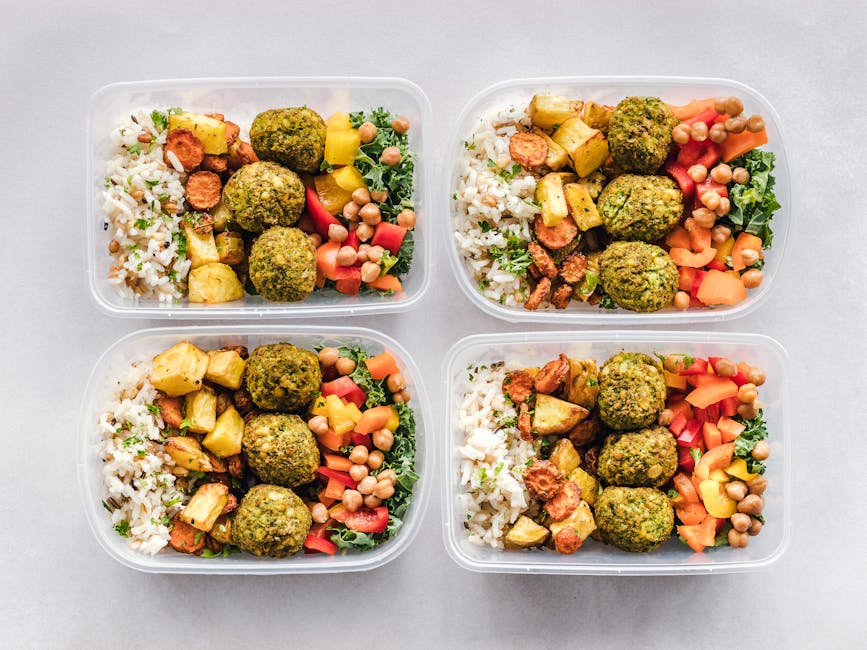Losing weight and maintaining a healthy body weight is a common goal for many people. While there are countless fad diets and quick-fix solutions available, the key to long-term success is creating a sustainable plan that fits your lifestyle and health needs. Here's a comprehensive guide to help you develop a personalized diet and weight loss plan that you can stick to for the long haul.
**1. Set Realistic Goals**
Don't aim to lose an unrealistic amount of weight too quickly. Crash diets and extreme calorie restriction can lead to nutrient deficiencies and muscle loss. Instead, set a goal of losing 1-2.5 pounds per week, which is a healthy and sustainable rate.
**2. Prioritize Whole, Unprocessed Foods**
Focus on consuming nutrient-rich foods such as fruits, vegetables, whole grains, lean protein, and healthy fats. These foods are filling, provide essential vitamins and minerals, and help you feel satisfied after eating.
**3. Cook More Meals at Home**
Cooking at home gives you control over the ingredients and portion sizes in your meals. It also allows you to experiment with different healthy recipes and create meals that you enjoy.
**4. Limit Processed Foods, Sugary Drinks, and Unhealthy Fats**
Processed foods are often loaded with added sugar, unhealthy fats, and sodium. Sugary drinks provide empty calories and spike blood sugar levels, while unhealthy fats increase your risk of chronic diseases.
**5. Be Mindful of Portion Sizes**
Pay attention to the portion sizes of your meals. Using measuring cups and spoons can help you avoid overeating and ensure you're consuming appropriate amounts.
**6. Stay Hydrated**
Drink plenty of water throughout the day. Water helps you feel full, boosts your metabolism, and supports overall health.
**7. Exercise Regularly**
Regular exercise burns calories, builds muscle, and improves your overall fitness. Aim for at least 150 minutes of moderate-intensity exercise or 75 minutes of vigorous-intensity exercise per week.
**8. Get Enough Sleep**
Sleep deprivation can lead to hormonal imbalances that increase appetite and cravings. Aim for 7-9 hours of quality sleep each night.
**9. Manage Stress**
Stress can trigger overeating and unhealthy food choices. Find healthy ways to manage stress, such as exercise, meditation, or spending time with loved ones.
**10. Seek Professional Help if Needed**
If you struggle to lose weight or maintain a healthy weight on your own, consider seeking professional help from a registered dietitian or healthcare provider. They can provide personalized guidance, support, and accountability.
Remember, creating a sustainable diet and weight loss plan is a journey, not a destination. It involves making gradual, long-term changes to your lifestyle and mindset. By following these guidelines, you can develop a plan that helps you lose weight safely, effectively, and maintain a healthy weight for life.

